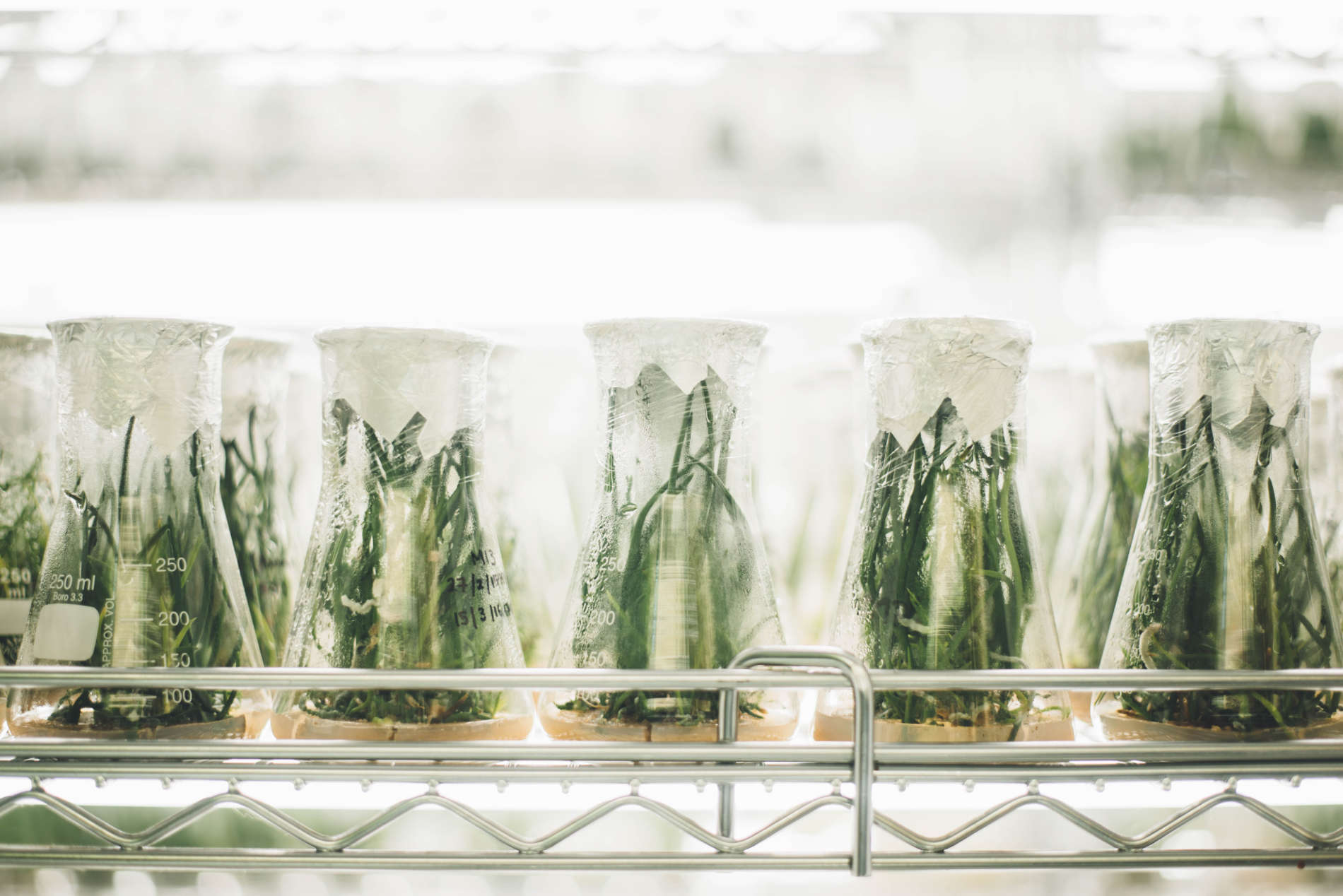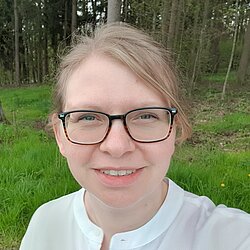The global need for phosphorous fertilisers, that are needed to feed plants, is growing due to an increasing world population. At present, this need will be largely covered by mineral fertilisers, which are extracted from rock phosphate. Given that this is a finite resource, there is an urgent need to sustainably manage the remaining reserves.
Innovative P fertilisers from P-rich residual material flows (secondary phosphate), represent a possible alternative for products based on raw phosphate. Previous investigations mainly using agricultural crops in undisturbed ground, have shown that the P fertiliser effect of some secondary phosphates, which is dependent on the processing, can be classified as satisfactory. However, the transferability of results to ground-independent production in substrates, which may exhibit a highly diverse composition, is largely unknown. The reason for this is the specific cultivation conditions (chemical/physical properties of the growing medium, limited root area, short cultivation time) when compared to soil culture. Thus, one of the research project’s aims is to evaluate the effectiveness of P fertilisers based on residual material for the cultivation of ornamental plants in pots using peat substrates.
The first working steps comprise the identification and procurement of currently available P fertilisers on a residual material, as well as the selection of a suitable P-sensitive model plant. In the following plant experiments, the P fertiliser is examined under the influence of various factors (pH value, grain size, time). Assessing plant availability as part of plant cultivation tests is very time- and cost-intensive. On the other hand, the characterisations of fertilisers by determining their solubility in various extracting agents has so far represented a comparatively resource-friendly method for predicting the fertilising effect. The question is whether this will continue to apply to secondary phosphates. Another goal pursued by the research project is therefore to examine the extent to which modelling of the fertiliser effect is possible based on results from chemical fractionation



